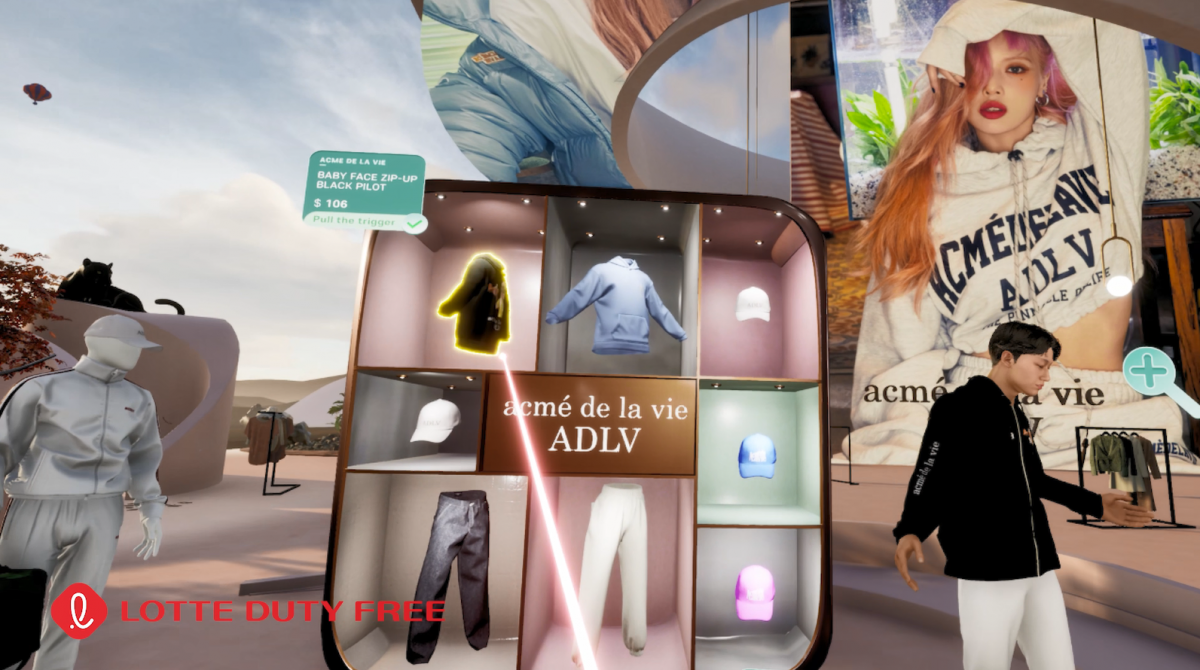Is the metaverse the latest creative frontier? That was what the Creative Review asked recently. Retailers should, in my opinion, be asking the same: Is the metaverse the new retail frontier?
Only those in real denial will try to say the metaverse is a ‘flash in a pan’ moment for retail. This is the next evolution of the digital trend which many are still struggling to keep up with. Even more than that, this speaks directly to the desires of young people, who will be the biggest players in retail and luxury retail in a few short years.
The metaverse has creativity, personalisation and collaboration at its heart and none of those are things that are about to go away.
This new platform is also already proving to be a game-changer for luxury: Morgan Stanley predicts that the virtual luxury goods market will be worth $50bn by 2030.
We are paying attention now, aren’t we?
The metaverse has creativity, personalisation and collaboration at its heart and none of those are things that are about to go away
On the face of it, and even in its early days, the metaverse hold huge upsides for the luxury sector. Brands can create limited edition, short runs of digital products to maintain their exclusivity and excitement. These purchases can all be tracked and linked to an NFT, which serves as a proof of authenticity. This means that luxury has a market ready-made to provide both individuality and transparency, thereby limiting the chance of diluting the market with fakes and making it easier than ever to deliver a true, pure, brand experience.
Shoppers can buy their limited edition item anywhere in the metaverse and take it with them or sell it on, with the assurance that it is original and unique to them.
So, what does this mean for travel retail? Almost anything, really.

The metaverse is not constrained to the digital world, it offers excellent opportunities for crossovers with the physical retail realm. In fact, stripped of the costs of creating physical prototypes, some brands are already testing products online in the metaverse to gauge customer reaction.
In some cases these tests lead to the creation of a physical version of the product. For other brands, the NFT attached to the metaverse version can be exchanged for a physical one. Patron did this recently with their Patrón Chairman’s Reserve.
The metaverse allows brands to create excitement and engagement with consumers and then transition to deliver that in the real world.
For travel retail, this is an opportunity to showcase something new and exciting to shoppers away from the limits of the travel ecosystem, but draw them in for further, physical engagement once they do travel.
If you want to take travel retail beyond travel, the metaverse is the key.



